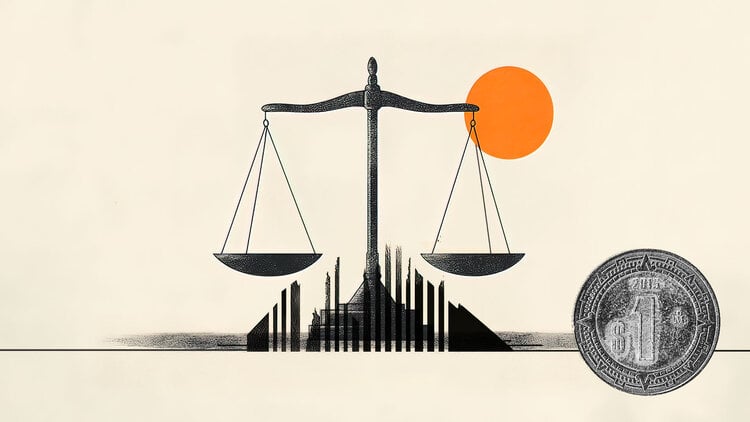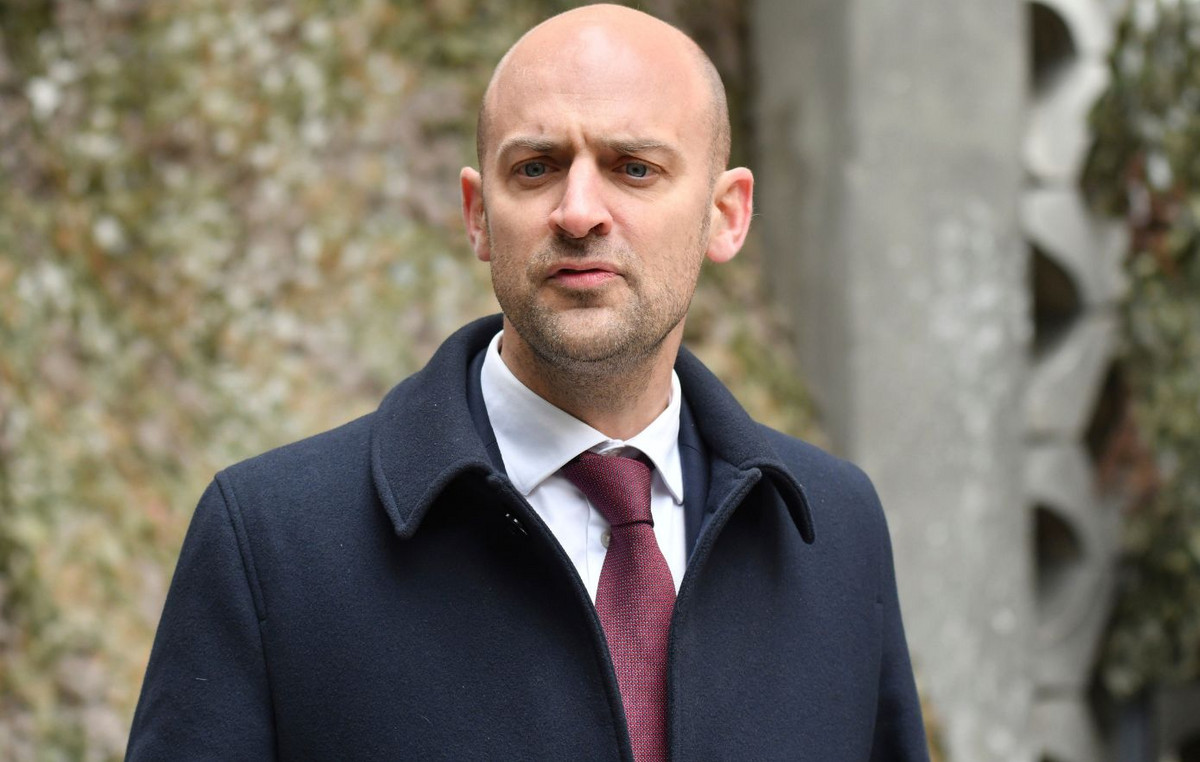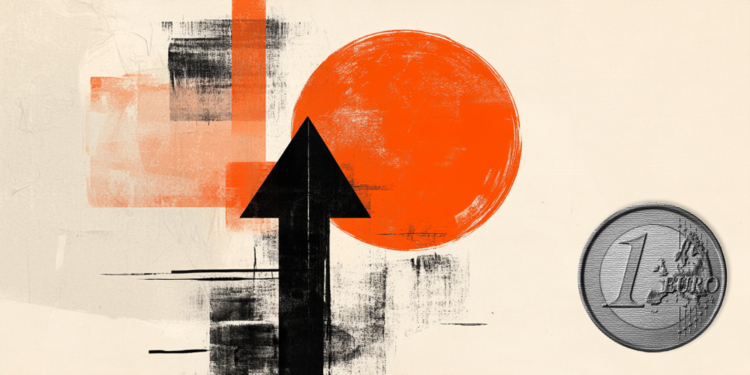A historic gap in Americanas’ accounts, estimated at R$ 20 billion, culminated in a 77% drop in the company’s shares in the trading session this Thursday (12), traded below R$ 3 at around 3 pm.
Since the release of the notice to the market – Relevant Fact – by the giant retailer, little has been clarified to market agents about the accounting inconsistencies, which led to the departure of the CEO, Sergio Rial, and the Investor Relations Director, André Covre, sworn in on January 2 of this year.
In consultation with experts, the CNN gathered some of the questions that investors and managers have been raising since the news broke. Check it out below.
What happened anyway?
Shortly after the material fact communicating the accounting inconsistencies in Americanas launches, in the order of R$ 20 billion, market analysts proposed to speculate on what may have happened, in fact, with the accounts of the giant retailer.
For Lucas Pogetti, partner at RGS Partners, “apparently this is an incorrect accounting practice”.
“They must have decided to adopt this practice in the past and, since then, it must have become an internally accepted standard, albeit at odds with accounting rules.” It is a theory widely accepted by specialists – one that, until the time of publication of this report, has not been officially confirmed or denied by the retail giant.
In the material fact disclosed on Wednesday night, Americanas said that the company’s Board of Directors “decided to create an independent committee to investigate the circumstances that caused the aforementioned accounting inconsistencies”.
In any case, in the view of Victor Bueno, an analyst at Nord Research, “Americanas needs to bring clarification to put out this fire that is not a small one, but a burning of the company’s fundamentals and its actions”.
“What really happened? Why were these inconsistencies in accounting entries detected and why were they made? How long have they been there? Nothing was done there to deal with this gap of at least R$ 20 billion and explain how far this debt goes”, questions Bueno.
So far, the analysts’ reading is that the company “has been communicating very badly”, but that, because of the dimension that the case has taken, in addition to the amount estimated in the preliminary analysis, it will be difficult to avoid the questions.
Was it an error or fraud?
The strategy of making the billionaire inconsistency public will hardly leave the case in the dark. One of the most pressing questions at the moment is understanding the nature of the gap: was it caused by an accounting error or by fraud? And was the previous board aware of this?
For Felipe Cima, Variable Income operator at Manchester Investimentos, the lack of answers from Americanas puts investors in a position of “not even knowing what to ask”.
“It is a moment of extreme uncertainty, which makes shareholders wonder why they are in this boat full of holes. If even the CEO left, what does that say to them?”
Cima assumes that this was a problem known to the previous board, “who may not have had the heart to talk about it”.
“It’s hard to imagine that something of this size didn’t pass by anyone before arriving at the Sergio Rial. And the company explained it very badly. I should have left the notice to whoever was going to take over, not to whoever left the company. This could all lead to a judicial investigation. It’s one thing to say there was a mistake; another, that there was fraud. A range of people connected to the company, from majority shareholders to board members, may feel aggrieved.”
What is the size of the impact of inconsistencies on the company’s balance sheet?
Shares of the giant retailer closed on Wednesday at R$12, with an appreciation of 0.76%. The figure put the company’s market value at R$ 10 billion even before the news became public – about half of the hole predicted by the preliminary analysis.
Einar Rivero, from TradeMap, points out that the shares have appreciated by 63.27% since the lowest share price on December 16, 2022, when it reached BRL 7.25 a share. “If we consider the maximum price of the paper, historically, which was on August 3, 2020, the drop until January 11, 2022 was 90.24%”.
On July 14, 2017, the share registered R$ 12.25 and the appreciation up to the peak in August 2020 was 903.20%, recalls Einar.
“It is still too early to assess the size of the impacts, but the company will undoubtedly have to review past balance sheets”, says José Eduardo Daronco, an analyst at Suno Research.
“In addition, living in a scenario of high interest rates, with a retraction in demand and a negative financial result, the company is experiencing one of the most difficult moments in its history”, he evaluates.
Even so, according to former CEO Sergio Rial in a conference call promoted by BTG Pactual, the company is capable of continuing operations, even with the need for more capital.
“What we have is a company that is working well, growing, gaining market share,” he said. “I don’t see any short-term impact on cash. Unless the banks decide to speed up the debt and then the story goes to court. I think everyone’s interest right now, liver and stomach ache aside, is to see that this company is viable. It could perfectly generate between R$ 1.5 billion and R$ 1.7 billion in Ebitda this year”, pointed out Rial.
How to get around this problem?
In the view of Bueno, from Nord Research, the company also owes clear clarifications on “where this whole story goes”.
“What may bring some comfort, or rationality, to the company’s investors is the need that the company itself has to work around this problem, which is not a small problem. Americanas will need to increase its debt and leverage ratios, and it will also need to raise funds.”
At first, according to Rial, one of the only certainties is that the “company will undoubtedly need capitalization”.
“No one defined the value, not least because the number was not audited. But we know it won’t be a capitalization [apenas] million”, said Rial, who also added that 3G — a reference shareholder formed by Jorge Paulo Lemann, Marcel Telles and Carlos Alberto Sicupira — will assume part of the responsibility for injecting capital.
“They are part of the solution, but not the whole solution”, he stressed. 3G’s partners have already entered, recalled Rial, with a third of the capitalization of R$ 8 billion made by the company in 2020.
“The necessary infusion of capital will be capital on its own or with some strategic move, but here is an opportunity to redesign things. Apart from the Americanas balance sheet, redesign some things in the sector”, said the former CEO in the conference call.
“The company is big enough that it could be a major player and be redesigned.”
Source: CNN Brasil
A journalist with over 7 years of experience in the news industry, currently working at World Stock Market as an author for the Entertainment section and also contributing to the Economics or finance section on a part-time basis. Has a passion for Entertainment and fashion topics, and has put in a lot of research and effort to provide accurate information to readers.







